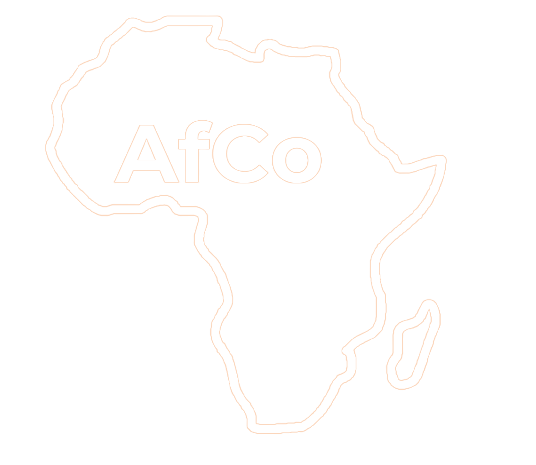Confronting social rationales: The case of the Bakola in Cameroon
This paper addresses factors contributing to the vulnerability of the Bakola of the district of Lolodorf in Cameroon, focusing on the rationales behind the commitment of stakeholders to public action to foster social integration. The Bakola, today a semi-nomadic people, underwent a violent process of sedentarization during and after colonization, the root cause of their vulnerabilities. Following their settlement in Lolodorf, a new environment where customs are different, the state considered their social and political integration a matter of urgency. Unfortunately, the integration process has taken very little account of the participation of beneficiaries in decision-making arenas. Also, the paper demonstrates that the vulnerabilities of the Bakola are maintained by differences in the way those involved perceive the integration initiatives being implemented. While the state highlights the reconfiguration of the beneficiaries’ customs and their relationship to the forests, the Bakola, for their part, consider the integration to be essentially based on the continuity of their forestry practices, despite their cohabitation with “non-pygmies” who have different customs.
